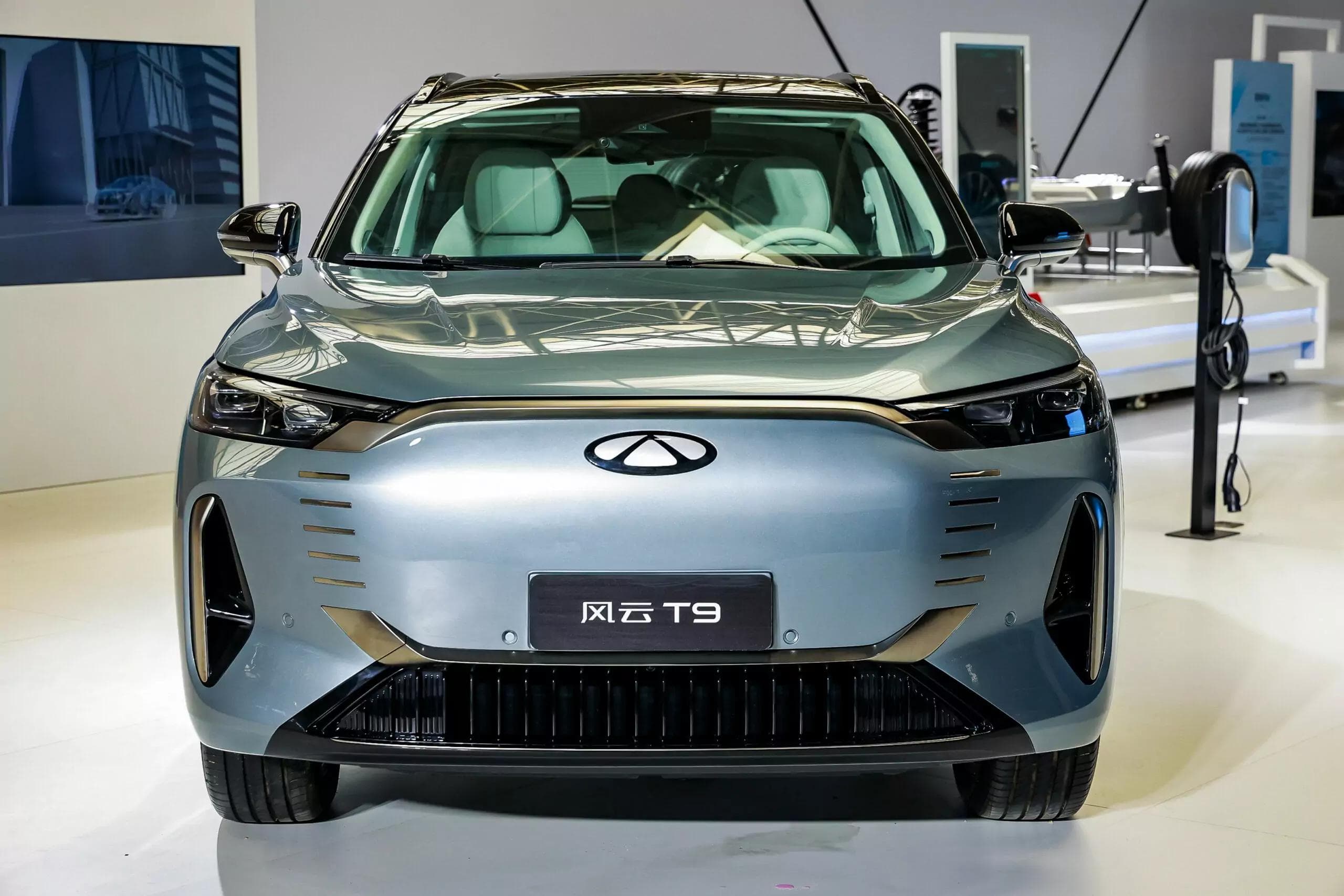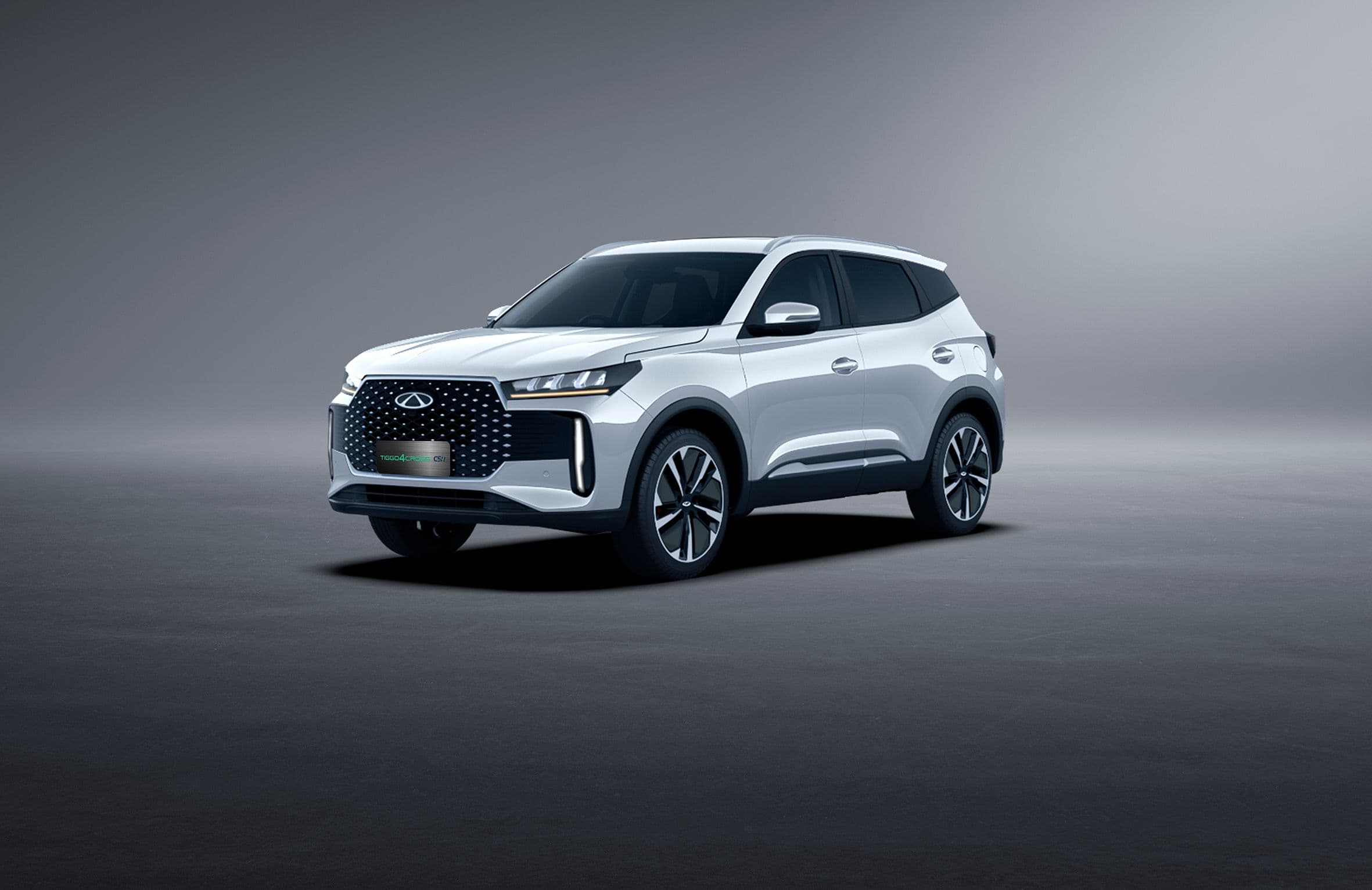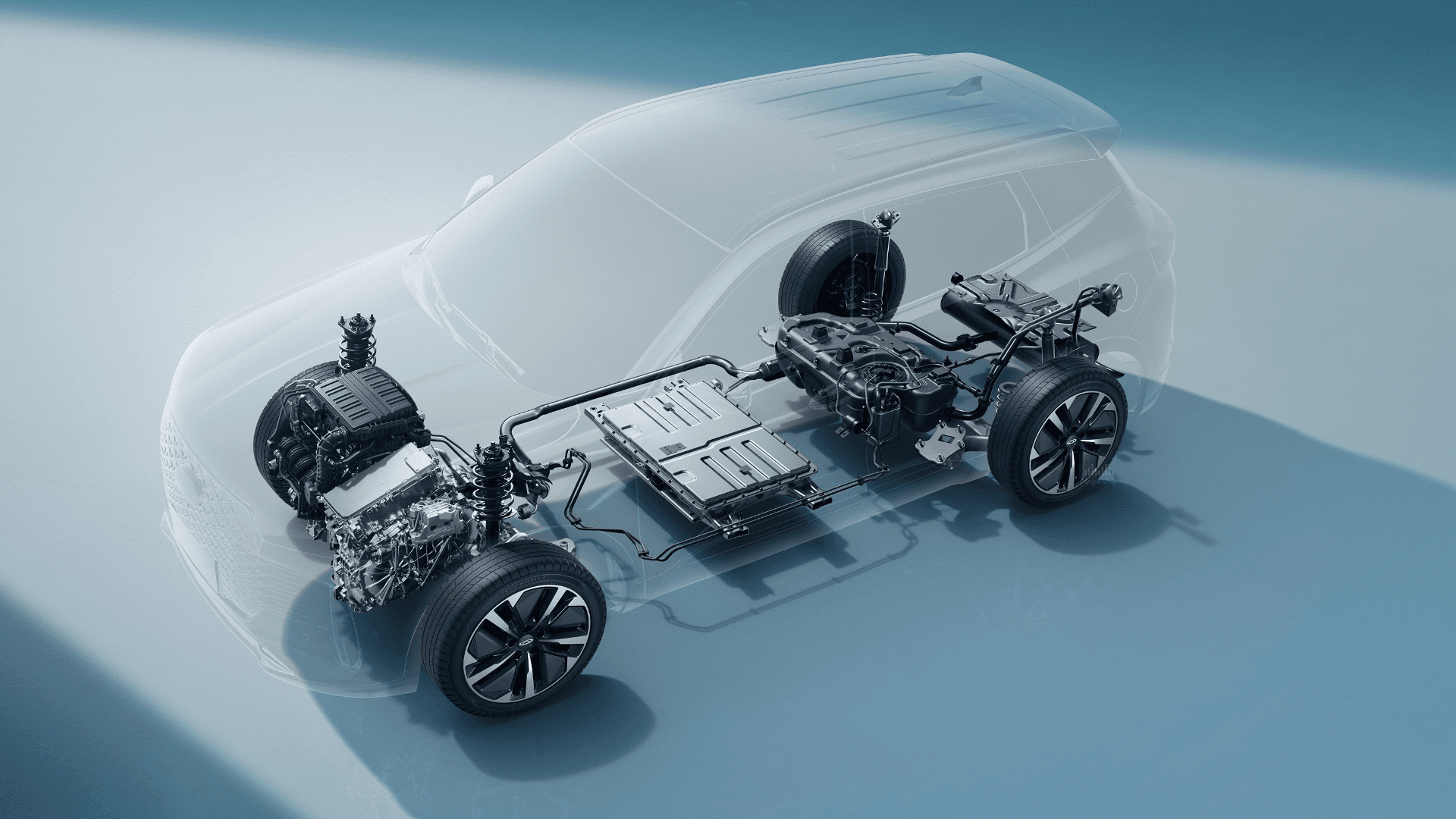Chery ready to strike in the local NEV market



Chery is readying itself to “strike on all fronts” with a range of new energy vehicles (NEV) slated for introduction in 2024.
The group – officially the largest vehicle exporter in China – reaffirmed its commitment to introduce hybrid (HEV), plug-in hybrid (PHEV), battery electric (BEV) and other NEV models into international markets in the coming year.
“Chery has outperformed the South African market consistently over the past two years, and we believe that we can further accelerate our sales performance by entering the NEV market.
“As our short history in South Africa has shown, we do not simply enter a new market segment with a new model. We compete aggressively by offering some of the best specifications, the best possible warranty and the best possible range of value-added products.
“This has allowed us not only to win sales from competitor brands, but also to grow the market segment that we have entered,” says Tony Liu, Deputy Executive General Manager of Chery South Africa.
Liu’s comments are pertinent to the South African NEV market segment, which has remained quite small compared to the traditional internal combustion engine (ICE) market.
In China, Chery has seen significant sales growth in the NEV market with its range of PHEV and BEV models. This includes its new Tiggo 7 Pro and Tiggo 8 Pro Plug-in Hybrid Electric Vehicles.
For instance, in November Chery sold 212 076 vehicles. This is an increase of 111% over the same month last year and it is an all-time monthly record for the brand. Total sales for Chery in 2023, including PHEV and EV models in its domestic market, are up by 47.8% to 1 665 626 vehicles.
The Tiggo PHEV models use a proprietary hybrid system that was developed by Chery and tested for over five million kilometres and 30 000 hours. This makes the new Chery PHEV system one of the most comprehensively tested propulsion systems in the history of the automotive world.
At the heart of this system is a new dual electric motor system with a clean-burning turbo-petrol internal combustion engine. The system is a full hybrid, which means that it can run on electricity alone, combine both power units or use the internal combustion engine alone.
The system uses a consumer version of the kinetic energy regeneration system (KERS) used in motorsport to recharge the batteries during normal driving. The owner can also plug the vehicle in to charge the batteries, giving the vehicle a longer electric-only driving range.
“One of the many benefits of the extensive testing of the hybrid system is that our Chery engineers were able to develop very specific driving modes for every use case. This is built into the hybrid system and the vehicle will switch between the systems automatically,” says Liu.
The driving mode includes use cases such as city driving, driving on mountainous roads or mountain passes, high-performance driving and driving long distances. In each case, the battery electric system, the engine and all other related systems such as the continuously variable transmission (CVT) adjust their operation to offer the best possible performance with the lowest fuel usage.
“In our real-world testing, the new PHEV Tiggo models offer a range of close to 1 000 kilometres. We cannot wait to introduce them in South Africa,” says Liu.

Chery has officially announced the launch of its Trans-national Warranty Programme, effective from 2026.
Continue reading







